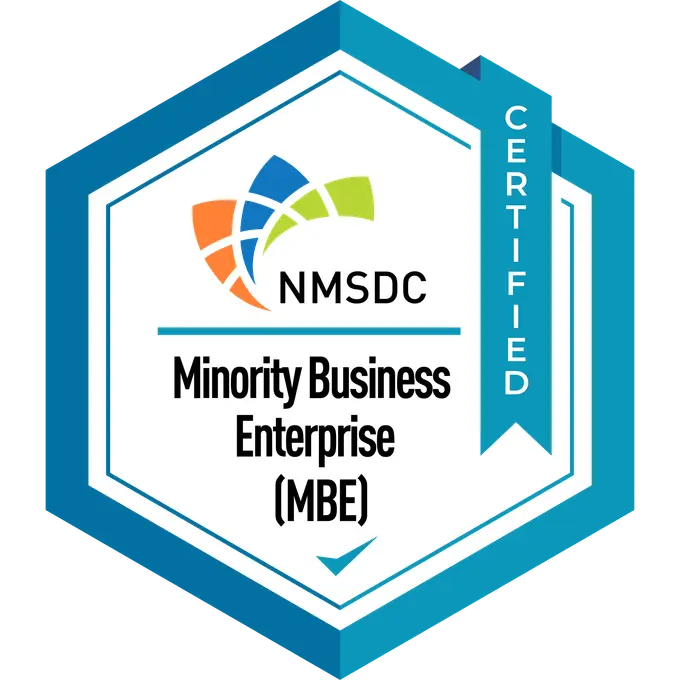We’ll tell it like it is. Your databases keep business operations running. From financial transactions to analytics dashboards, every mission-critical process relies on the stability and performance of your database systems. And you can’t afford for your systems to be unavailable. That’s why selecting the right remote DBA company is one of the most important IT decisions you can make.
The challenge? Not all providers offer the same level of reliability, responsiveness, or expertise. Before signing a contract, you’ll want to ask the right questions. These questions should uncover how well a provider can protect, monitor, and optimize your environment.
Below are the top 10 questions to ask a remote DBA company before you hire them, along with what you should look for in their answers.
1. Do you truly provide 24/7 database support?
Database failures don’t wait for business hours. Look for a partner that offers continuous monitoring and guaranteed response times around the clock. A strong provider will have a team structure with shift rotations or global coverage, backed by defined SLAs for emergencies.
Red flag: vague promises like “we’ll do our best” or limited business-hours support.
2. What Service Level Agreements (SLAs) do you offer?
An SLA defines how quickly a provider responds to and resolves issues. Expect measurable commitments. For example, a 15-minute response for priority incidents. And make sure they offer clear escalation procedures. Top providers also tailor SLAs to your organization’s operational peaks.
Red flag: no formal SLA or an unwillingness to customize service levels.
3. How do you safeguard database security and compliance?
Your DBA will have deep access to sensitive data, so security should be a top priority. Ask about encryption, access controls, patch management, and regulatory familiarity (HIPAA, SOX, GDPR). Leading firms conduct regular audits, apply vendor patches promptly, and use multi-factor authentication for access.
Red flag: dismissing security concerns or relying solely on your in-house protections.
4. What’s your backup and disaster recovery strategy?
Even with top-tier management, incidents happen. The right provider should have a clear plan for full and incremental backups, off-site storage, encryption, and regular testing. They should quote specific recovery time and point objectives (RTO/RPO) to minimize data loss during an outage.
Red flag: backups that aren’t routinely tested or have an unclear recovery process.
5. How do you approach performance tuning and optimization?
Beyond keeping databases online, your DBA should keep them fast. Ask about proactive performance reviews, query tuning, indexing strategies, and monitoring tools. Providers that continuously analyze metrics and adjust configurations will help your systems run efficiently over time.
Red flag: reactive responses like “we’ll fix it when you tell us something is slow.”
6. How do you communicate and report on database health?
Clear communication separates trusted partners from transactional vendors. The best DBA firms offer monthly reports, dashboards, and consistent check-ins with a dedicated point of contact. They should also provide updates during incidents and document all maintenance activity.
Red flag: no structured reporting or inconsistent communication channels.
7. What experience does your DBA team have with Oracle and SQL Server?
The depth of your DBA team determines the reliability of your systems. Look for certifications, such as Oracle Certified Professional, Microsoft Certified Database Administrator, and ask about their average years of experience. Providers should describe expertise in Oracle RAC, SQL Server Always On, and other advanced technologies.
Red flag: evasive answers about who’s on the team or a lack of platform-specific experience.
8. What best practices guide your maintenance and update processes?
Routine maintenance is critical for database health. A strong DBA provider follows documented processes for patching, index maintenance, log cleanup, and version upgrades. They’ll reference formal frameworks like ITIL or explain their change management process to prevent disruption.
Red flag: ad-hoc maintenance without defined schedules or documentation.
9. Can your services scale as our needs evolve?
Your business may grow, merge, or migrate to new platforms. Your DBA partner should scale easily, adding resources or supporting new technologies without delays. Ask about their capacity, how they handle sudden spikes in demand, and whether they support hybrid or cloud environments.
Red flag: rigid contracts, limited staff, or hidden fees for scaling.
10. Can you share client references or examples of success?
A confident provider will offer references, testimonials, or case studies demonstrating results. Look for measurable outcomes, including reduced downtime, faster queries, or successful migrations. Ask what makes them different from competitors, whether it’s certifications, partnerships, or customer retention rates.
Red flag: no references or only outdated, generic success stories.
Questions for the Discovery Call
During your first conversation with a remote DBA company, you can quickly gauge their transparency and responsiveness.
Ask the following additional questions:
- Who will be our primary contact, and how do you onboard new clients?
- How will you learn our specific systems and requirements?
- What does a typical month of support look like?
- How do you handle emergencies and communicate during incidents?
- How do you coordinate with our in-house IT team or vendors?
Their answers will reveal how well they listen, collaborate, and communicate. These are all seriously important indicators of long-term success.
Signs Your Current DBA Provider Is Falling Short
If you already work with a DBA company, these warning signs might mean it’s time for a change:
- Frequent outages or recurring performance issues without improvement
- Slow response times or lack of transparency
- Missed patches, failed backups, or neglected maintenance
If these sound familiar, it may be time to explore other partners who can meet your expectations.
Choosing a Trusted Partner for Your Databases
Hiring a remote DBA provider is a significant step toward protecting and optimizing your business data. By asking the ten questions above and listening carefully to the answers, you’ll identify a partner who delivers not only technical skill but also reliability and trust.
At Cornerstone Data Systems, we believe informed clients make stronger technology decisions. Based in Atlanta, GA, our team provides comprehensive remote DBA services for Oracle and Microsoft SQL Server environments. We combine 24/7 monitoring, robust security, and personalized support to keep your databases stable and your business running.
Whether you’re facing performance challenges, preparing for growth, or seeking proactive database management, Cornerstone is ready to help.
Contact us at Cornerstone Data Systems today to discuss your database environment and discover how our remote DBA team can safeguard your data and support your business goals.
Share This Story, Choose Your Platform!
Start The Conversation Today!
- Schedule Your Consultation
- Enjoy a Personalized Strategy Session
- Level-Up Your IT





